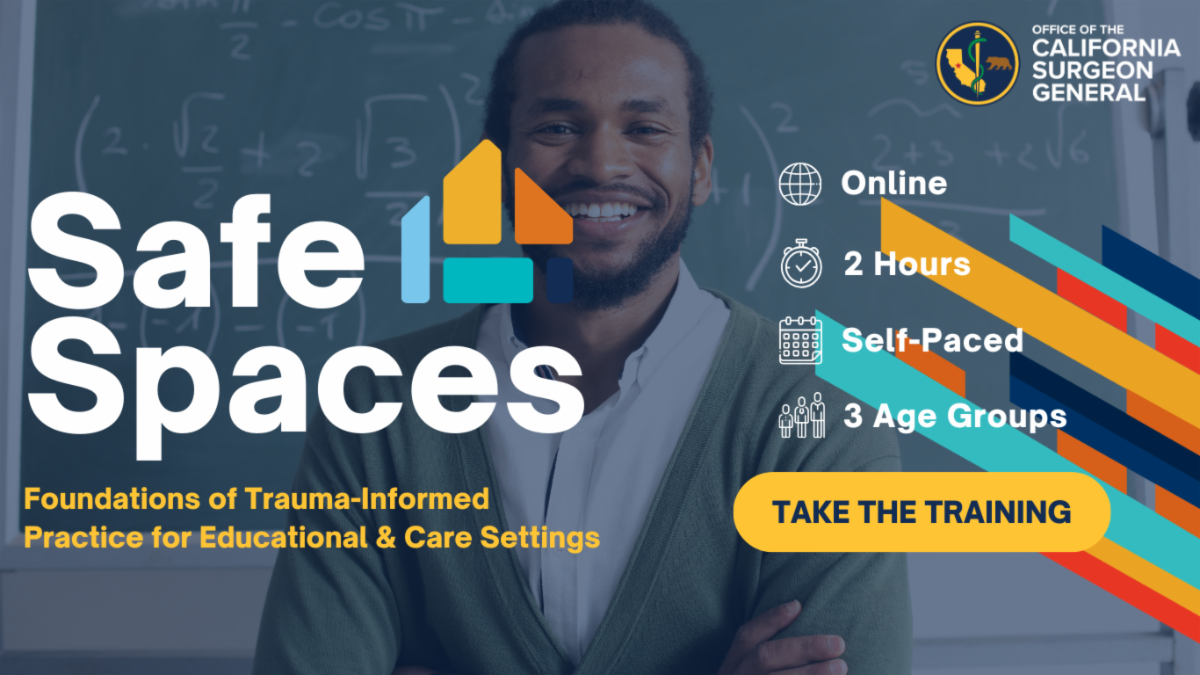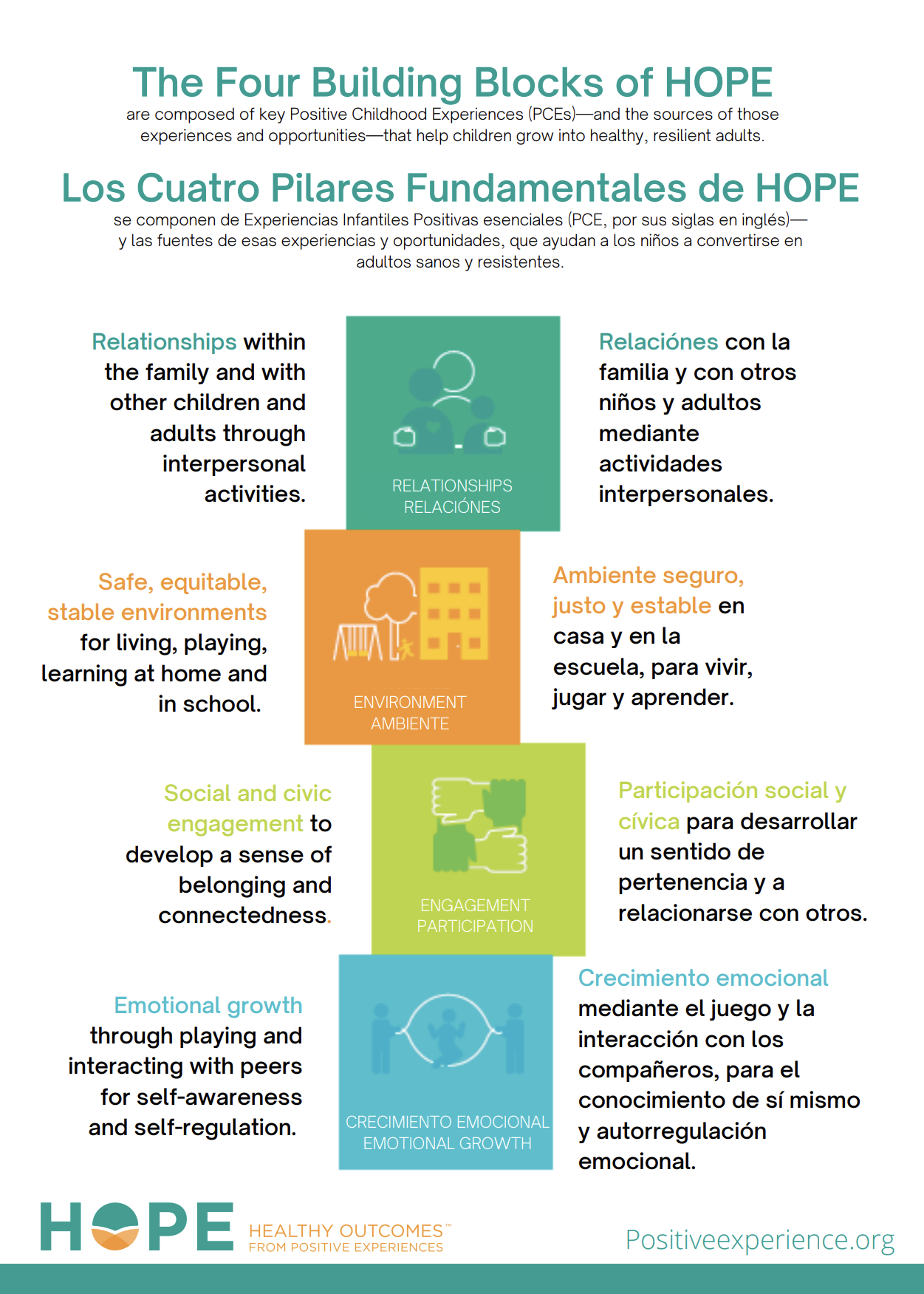Additional Resources
Free Trainings
Informational Videos
Scientific Literature
In this article, Alvarado et. al discuss how to implement Adverse Childhood Experiences (ACEs) Screenings in Pediatric Clinics.
In this article by Boyce et. al, researchers discuss how using an interactive gene-environment-time (GET) framework can change the way we provide primary healthcare for children.
This article by Shonkoff et. al describes how early adversity, particularly during the prenatal period and early infancy, can transform the role pediatrics plays in advocating whole-child development.
Resources for Youth
The Playbook for Stress teaches adults and children how to manage their stress responses to support mental and physical well-being.
Many of us are feeling a lot of stress right now. Even for adults, it can be tough to recognize that what we feel as irritability, difficulty focusing, insomnia or changes in appetite can be signs that our bodies are feeling the effects of stress. For kids, no matter the age, their brains and bodies are even more vulnerable to the harmful effects of stress than adults, and most often, they can’t recognize or verbalize it. Stress in kids may show up differently than our stress as adults does. This stress- busting playbook can help you understand what to look out for and what you can do to protect your family’s health.
Read more in the playbook by clicking below.
California Health and Human Services developed Back-To-School Resources for youth and adults to support with mental health.
Dear Stress, I’m over you. is a new resource to help young people manage stress with three easy strategies. It’s available in English and Spanish. It’s also available in two sizes for sharing as a handout or small poster and includes a slide deck that can be used as a companion classroom activity."
Resources for CHW/P’s
The Four Building Blocks of HOPE describe what Positive Childhood Experiences (PCEs) are and how they support the healthy growth and development of children.
Trauma-informed care is a caring approach based on acknowledging the impact of trauma, recognizing residual trauma symptoms, and addressing how trauma might play into a person’s life and current struggles. In doing so, our care providers use this information to develop tailored care plans that not only address our clients’ current problems but also function to avoid retraumatization and even work to heal some of that trauma.
Resilience and Toxic Stress
ACEs Aware recently released Stress Busters: Seven Ways to Manage Stress, a new publication with patient handouts for each of the stress busters, including quality sleep!
The Office of the California Surgeon General has an ongoing ACEs and Toxic Stress Awareness Campaign.
“Through the Children & Youth Behavioral Health Initiative, our office was allocated $24M to create a campaign to increase public understanding of Adverse Childhood Experiences (ACEs) and toxic stress. We have the unique opportunity to build a campaign that gives youth and young adults across California the resources and strategies they need to manage toxic stress, heal from adversity, and end cycles of trauma.”
Read more about the campaign below.
Protective Factors are conditions that can increase child well-being when present in one’s family or community.










